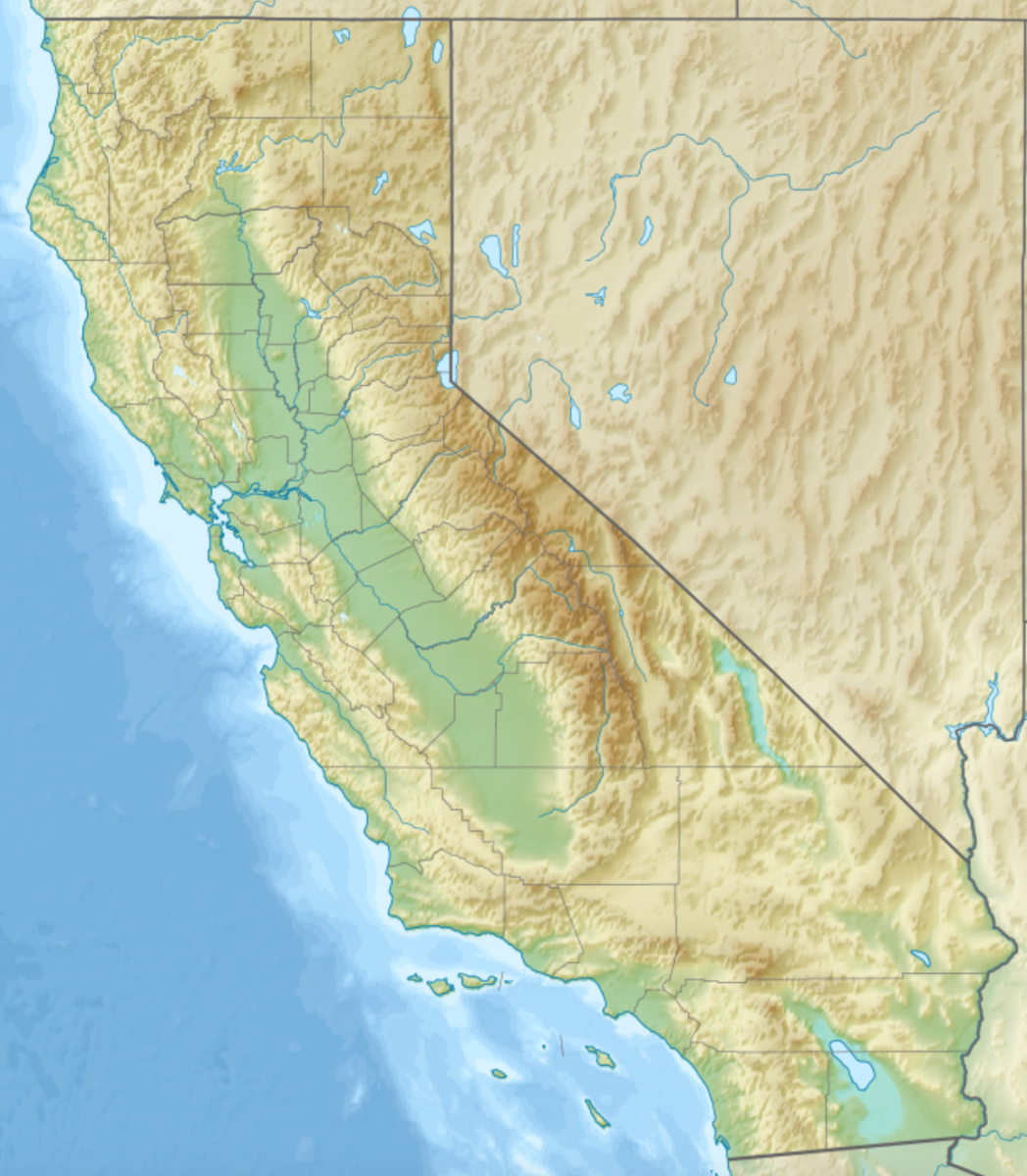In Federalist 51, James Madison wrote “it is evident that each department should have a will of its own, and consequently should be so constituted that the members of each should have as little agency as possible in the appointment of the members of the others.” He is visualizing the separation of powers between the three branches of our government and how it is essential to the preservation of liberty.
Limiting the time a justice serves on the Supreme Court weakens the power of the judiciary as a whole. The appointment of a Supreme Court justice is a long process, and it requires both the Senate and the executive branch to work together to push through a potential candidate. In today’s politics, one could argue that the executive and legislative branches have already become too close for comfort. This closeness results in the sidelining of the judicial branch, and therefore the weakening. Having term limits on justices further weakens the courts, and to understand the cause of this, one must look into not the original purpose of the judicial branch but the purpose it serves today.
The judicial branch should theoretically serve as a balance to the other two branches of government. It holds the power of judicial review and is the supreme voice of law in the land, a power derived from the Constitution itself. The Supreme Court holds a far greater purpose—it exists to preserve the ideals of government first imagined by the Founders. As the US drifts farther and farther away from the world envisioned in the Constitution, the Supreme Court remains the people’s last connection to that document. Furthermore, the justices on the Supreme Court serve as the standard by which the government shapes its laws. Those justices determine the constitutionality and the justness of those laws, so in a sense, they determine the meaning of the Constitution and justice. Limiting the terms of justices means that there would be more frequent changes in its membership. One man’s freedom is another’s bondage. Liberty, according to a Democrat, means that the government is always there to give you the opportunities you need to thrive. Social Security, for example, is for people to lean back on once they retire. A Republican’s freedom means that the government does not interfere in how you wish to live your life. Such a difference in values is important, it ensures the survival of political debate, but term limits increase the frequency of change in the government’s values. This would mean that the standard our government holds itself to will change, and with it, the effectiveness of our government. How can we hold our government to the values this country was built on if those values are constantly being redefined?
Obviously, justices aren’t immortal, they need to be replaced anyway, but it’s very unlikely for more than one Justice to pass away at a time. The vacancy does give the current party in power the opportunity to nominate and confirm their own justice, and therefore one could argue that the interpretation of our values changes a little as each appointment is made, but this change happens very slowly, one Justice at a time. With term limits, four or five seats would be vacant, and that could effectively redefine justice in one move by the ruling party. So fine, why not stagger their terms? That would mean that our values are changing even more constantly, a bigger danger to the people and their liberty.
The complexity of this issue is precisely what defines us as humans. The government should try its best to choose the most “just” of people to serve on the Supreme Court, but they all have their flaws. These flaws are a necessary evil, they are what sustain us; they keep the people aware and in touch with the court. Appointing justices is like gambling. The people never truly know who will serve on the Supreme Court before they’re appointed. Nominations and confirmations happen behind closed doors, by few, powerful figures, so the public is almost completely blindsided by an appointment. Enforcing term limits on justices makes it so that our government gambles with our liberty more often. Already in appointments our government chooses someone, whose views are not fully known to us, to play God in a people’s world, yet to choose people more often for such a powerful position, is dangerous. I concede that this wheel must be spun to keep our values in touch with the times we live in, but playing this dangerous game too often can and will destroy the fundamental values we pride ourselves in having. To define something so differently so often will further reduce our already divided government into a bloody battleground. The 3 branches protect the people’s partisanship, yet by reducing the power of the judiciary, it essentially pits the executive and legislative branches against each other, with no third party to mediate. The partisanship that leads to political debate will become the partisanship that tears our government apart if the two branches are controlled by opposite parties. If they are controlled by the same party, that would be far worse, as there would be no judiciary to draw the line between democracy and despotism.

















![Teacher [Milk] Tea: Part 2](https://bisvquill.com/wp-content/uploads/2024/03/Screen-Shot-2024-03-19-at-9.28.48-PM.png)


































